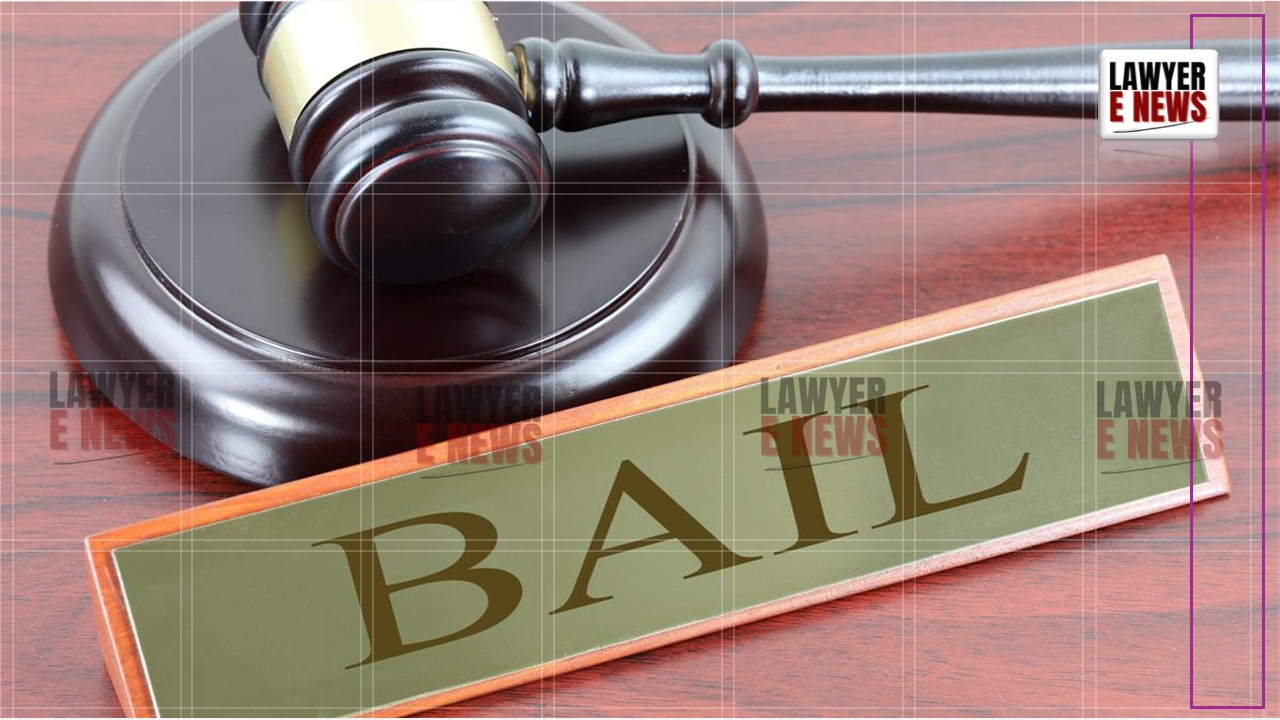-
by Admin
15 February 2026 5:35 AM



Orissa High Court dismissed the second bail application of a college lecturer accused of sexual assault, blackmail, and circulation of obscene material under Sections 376(2)(n), 376(2)(f), 323, and 506 IPC and Sections 66(E), 67, and 67-A of the IT Act, 2000. The Court held that the petitioner’s misuse of his position of authority, the victim's vulnerability, and the gravity of the allegations justified rejection of bail.
Justice Savitri Ratho emphasized that examining inconsistencies in the victim’s testimony at the bail stage would interfere with the trial process. The Court also noted that the petitioner’s custody since July 23, 2023, did not infringe upon his right to a speedy trial under Article 21 of the Constitution as the trial was progressing at a reasonable pace.
The petitioner, Manoj Kumar Hota, a mathematics lecturer at Nayagarh Autonomous College, was accused of forcibly raping his student, a +3 Science scholar, at his home during a tuition session in March 2021. The victim alleged that the petitioner clicked her nude photographs and used them to blackmail her into a sexual relationship over two years. When the victim attempted to distance herself after completing her studies, the petitioner circulated her intimate photographs via WhatsApp and social media, and threatened her family.
After being arrested on July 23, 2023, the petitioner’s first bail application was rejected on October 16, 2023, with the liberty to apply afresh after the victim’s testimony. Following her testimony, the petitioner filed the current application, arguing that inconsistencies in her statements proved the relationship was consensual.
The High Court rejected the application, holding: “Considering the nature of allegations against the petitioner, his age and the age of the victim, his position at the time of occurrence (he was a lecturer and the victim was a student going to him for tuition), I do not consider this to be a fit case to release the petitioner on bail.”
The petitioner argued that his prolonged custody violated his constitutional right to a speedy trial under Article 21, as he had been in custody for more than five months. However, the Court noted that the trial was progressing steadily, with 10 out of 25 prosecution witnesses examined, and directed the trial court to complete the proceedings by June 2025.
The Court stated: “Considering the punishment prescribed for the offenses he is alleged to have committed and the period he has remained in custody, I am not satisfied that there has been a violation of Article 21 of the Constitution so as to direct for his release on bail on that ground at this stage.”
It further added that the petitioner was free to apply for bail if the trial was not completed by June 2025.
Trial Process – Examination of Victim’s Evidence – Scope of Review in Bail Applications
The petitioner argued that inconsistencies in the victim's evidence, including her continued attendance at tuition classes and failure to report the crime earlier, demonstrated a consensual relationship. The defense also pointed out the absence of digital evidence of the alleged messages and photographs. However, the Court declined to analyze the victim’s evidence in detail at this stage, citing the Supreme Court’s judgment in X v. State of Rajasthan (2024 INSC 909):
“The moment the High Court exercises its discretion in favor of the accused and orders release of the accused on bail by looking into the deposition of the victim, it will have its own impact on the pending trial... Once the trial commences, it should be allowed to reach its final conclusion.” [Para 10]
The High Court emphasized: “Minute threadbare examination of evidence of the victim at this stage by this Court is not warranted as that is the duty of the learned trial court and may influence the learned trial court.”
The Court underscored the petitioner’s misuse of his position of authority as the victim’s lecturer and tutor, and the power imbalance between the petitioner and the victim, who was a young student. These factors, combined with the petitioner’s alleged threats and dissemination of intimate photographs, justified rejecting the bail application.
The High Court dismissed the bail application, stating that the petitioner’s release would interfere with the trial process and undermine the victim’s trust in the judicial process. The Court directed the trial court to complete the proceedings by June 2025 and granted the petitioner the liberty to reapply for bail if the trial is not concluded by that time.
Date of Decision: January 10, 2025
